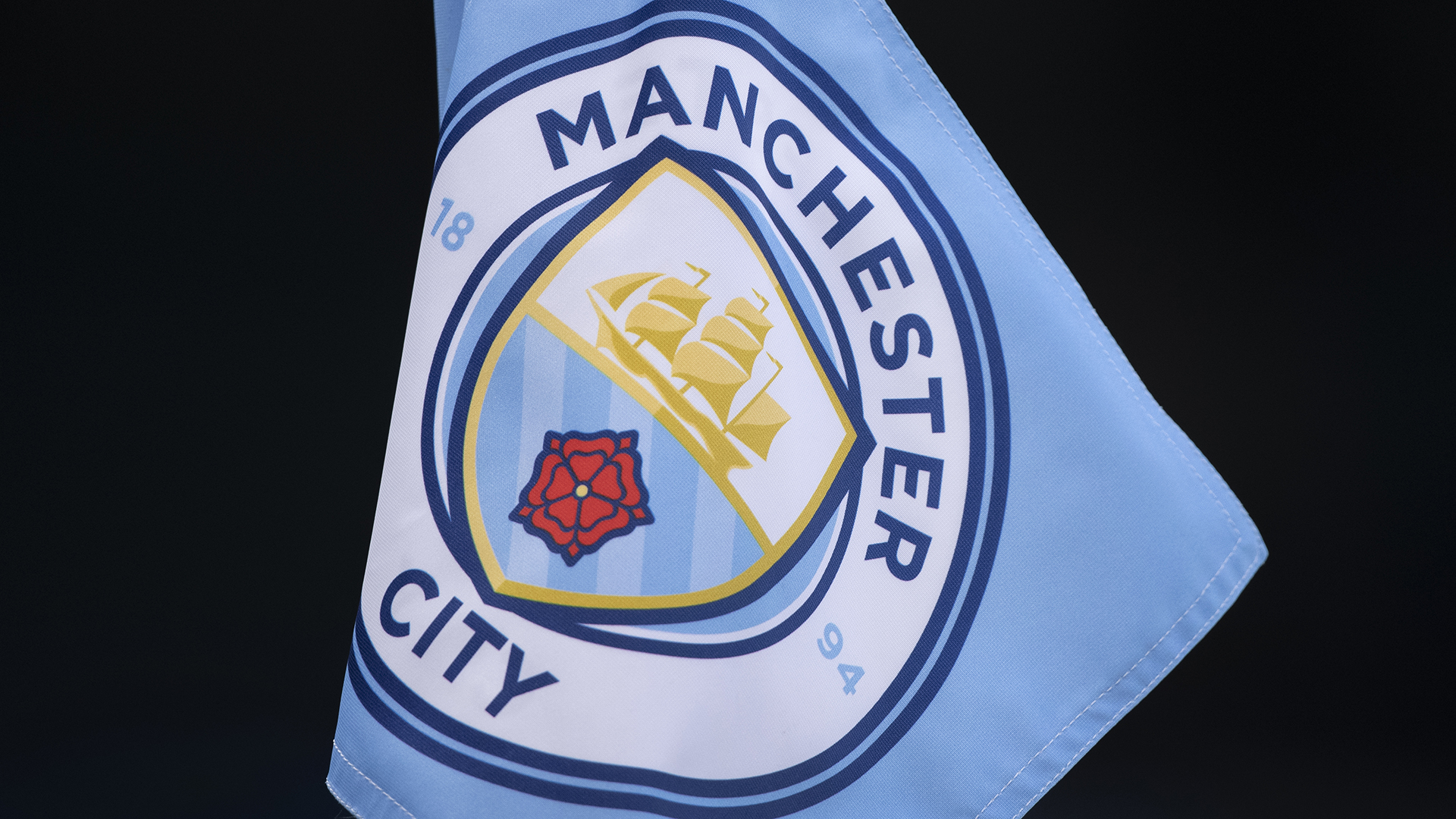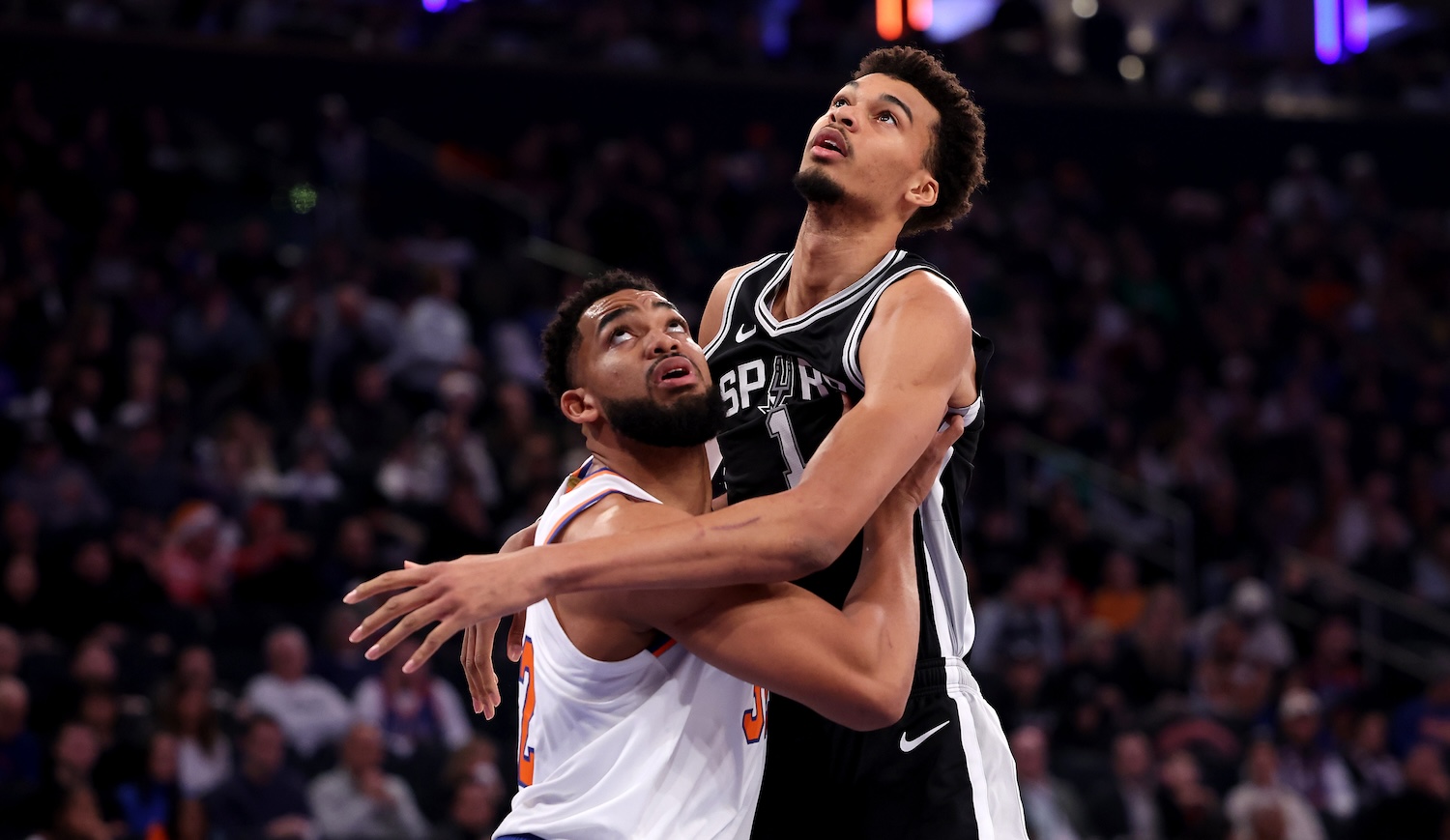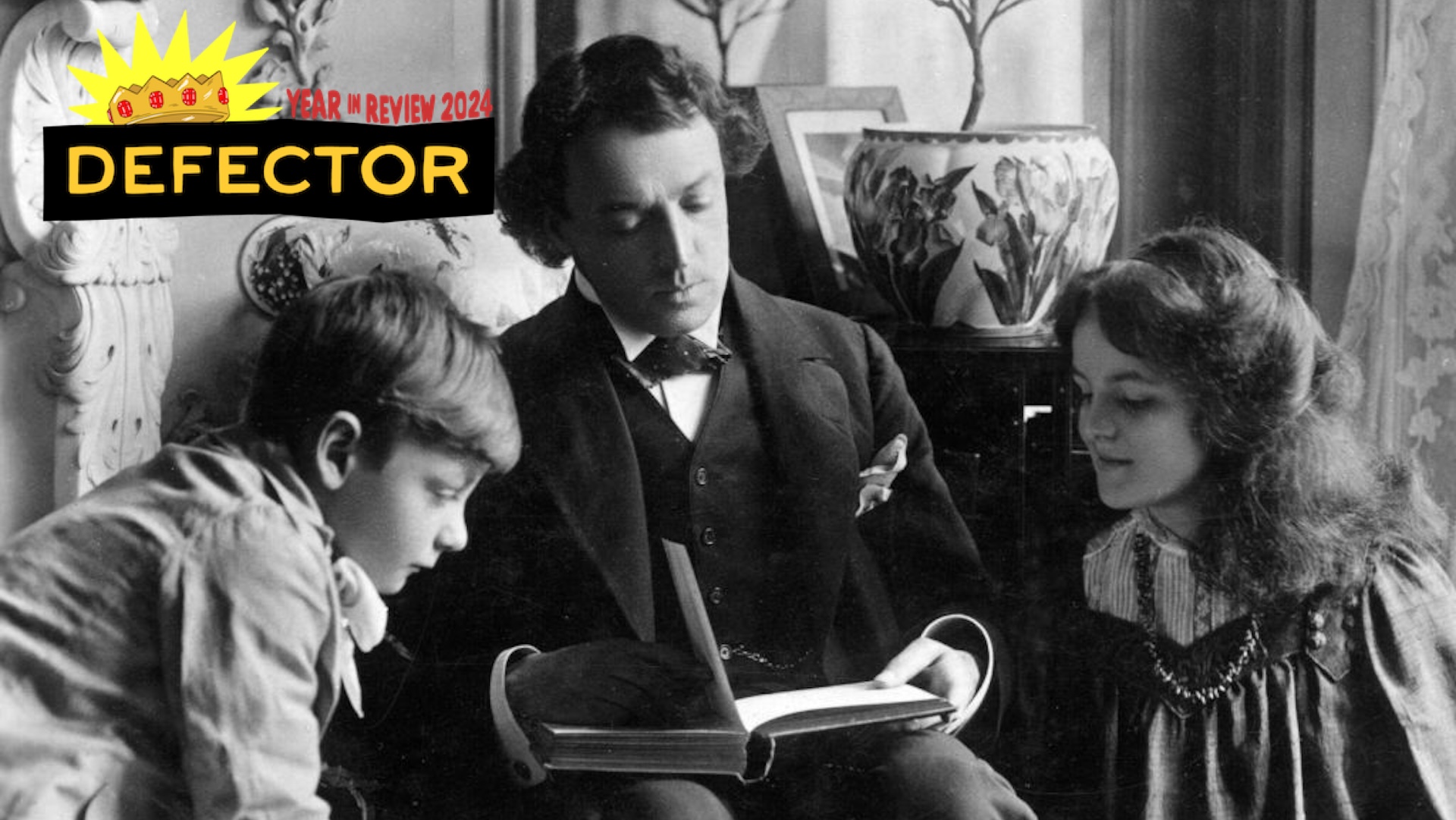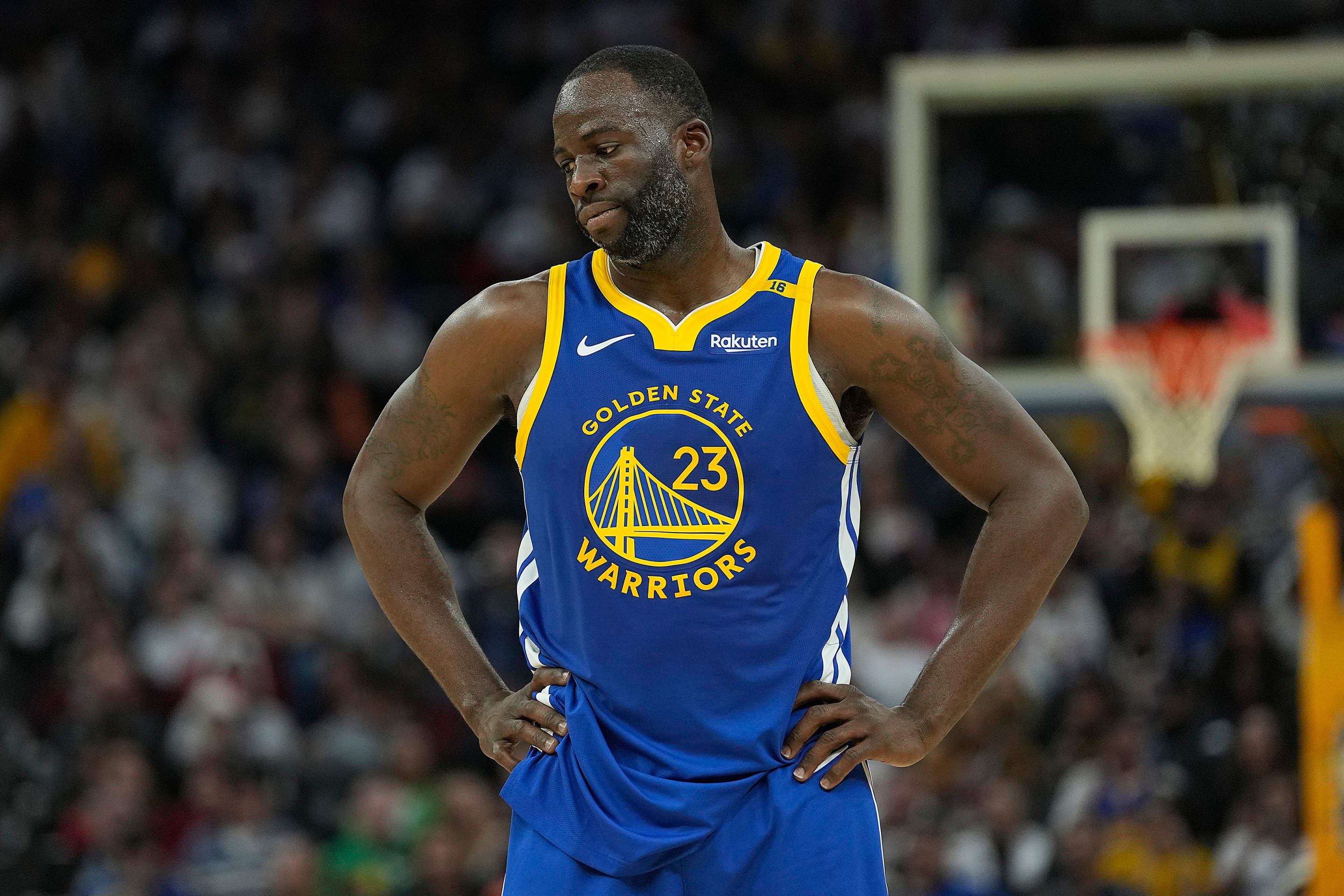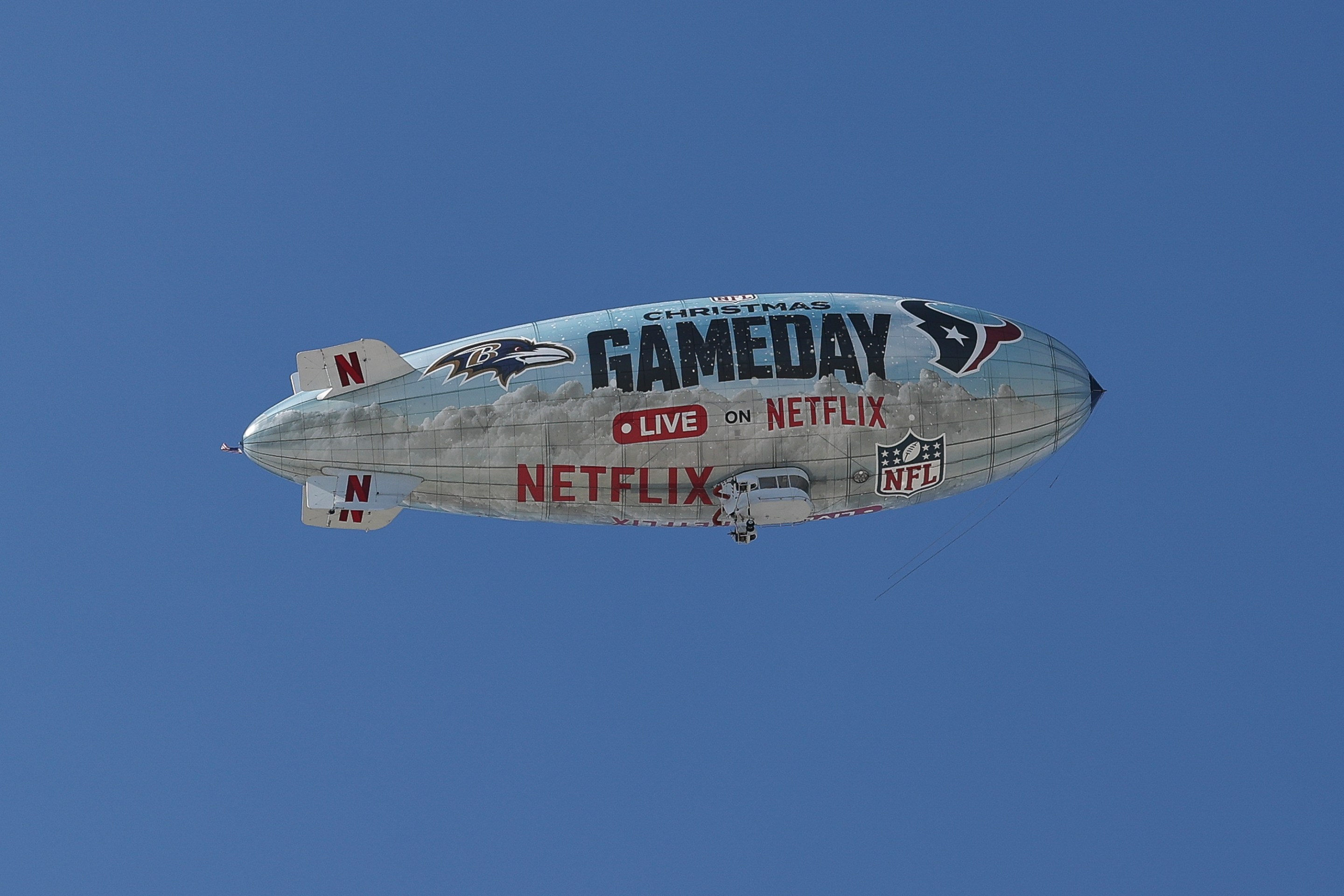On Sunday, Manchester City lost 1-0 to 10-man Tottenham Hotspur, continuing a strange streak of losing at the North London side's new stadium (five matches at the eponymous stadium since 2019, five losses). The loss put a damper on City's chase for a fifth title in six seasons, as the club failed to make up ground on Arsenal after the Gunners lost to Sean Dyche and Everton. All in all, it was a horrid day for the Sky Blues, a deep sigh in a sluggish campaign.
Well, things just got worse for City. On Monday, the Premier League charged Manchester City with over 100 instances of financial fuckery, dating as far back as 2009. The charges range from your average bookkeeping shenanigans—inflating sponsorship revenue to stay in line with Financial Fair Play regulations—to paying former manager (and current Italy boss) Roberto Mancini a second salary through a second club owned by Sheikh Mansour, the founder of City Football Group. The club is also accused of not cooperating with the investigation, which began in March 2019.
Given the sheer number of charges, and the potential penalties they could lead to, this reads as the biggest story in English soccer since the creation of the Premier League in 1992. But what happens next depends on the answers to a number of complicated questions, chief among them having to do with what the Premier League actually is and wants to be.
Remind me again what Manchester City's deal is?
Since the Abu Dhabi United Group bought Manchester City in 2008, the club has had an unprecedented rise from the Premier League mid-table into the very top of the English first division. After a few seasons of completely overhauling the club on and off the field, City lifted its first Premier League title in dramatic fashion on the final day—in the final seconds!—of the 2011-12 season. Since then, the club has won five more titles, including four of the last five.
In that same amount of time, the club has been hounded with accusations of financial malfeasance, fueled by the wildest spending in England, give or take a Chelsea. Since that 2008 takeover, City has spent over €1.44 billion in transfer fees, and that's not even accounting for manager salaries and upgrades to the club's staff and facilities. The club's ownership has not shied away from dropping enormous bank in trying to achieve a two-pronged goal: to make City the best English club (I'd say this has been accomplished) and to win the Champions League (a big "LOL" on that one). In the process, City has pissed off pretty much everyone both inside and outside of England, with the club being accused of sports-washing for a petro-state and of playing jump rope with the line of financial propriety.
I'm assuming all that spending figures into the charges released today?
Yes. This latest investigation, and the subsequent charges, are a result of that period of unrivaled spending and success. Most of the charges levied by the Premier League fall within the period of 2009 to 2018, in which City was a consistent title contender but not the all-conquering force that it has become in winning four of the last five Premier League championships. However, there are charges that go all the way up to the present day (mainly with regards to a lack of cooperation with the investigation), so it's fair and consistent to say that the entire Abu Dhabi era of Manchester City dominance is under fire. The charges will be brought up to an independent commission, who will then rule on whether City is guilty and what, if any, punishments the club will face.
But wait, didn't Manchester City already get accused of this?
Yes, but not by the Premier League. UEFA, the governing body of European soccer, handed City a two-season ban from the Champions League in February of 2020 for breaking the Financial Fair Play laws of the competition. The club was also fined €30 million for the breaches.
If you watch European soccer, you will likely have noticed that City did not actually serve this ban, and instead made the Champions League final in 2021, where it lost to Chelsea in a battle of financial doping. That's because City appealed the ban to the Court of Arbitration for Sport, the highest legislative office for European sports. CAS overturned the ban on what can only be considered a technicality, ruling that the charges levied against City had passed the statute of limitations, thanks to UEFA's investigation taking too long to result in charges for the most egregious alleged crimes. City got off with a minor punishment—the fine was lowered to €10 million, or about half what it pays to Kevin De Bruyne each year—and went back to trying to win Europe's biggest club trophy. (The club has not done that, for those keeping score at home.)
OK, so if City already beat the UEFA charges, then they've got nothing to worry about here, right?
City does indeed need to be worried, because the Premier League has no statute of limitations, for one. For another, the league has a lot of money and, likely, a lot of animus for fighting City in court over the alleged breaches. City also can't appeal the eventual ruling to the CAS in this instance, because this falls outside of that jurisdiction. The club can, however, appeal any rulings from the independent commission to a different independent board, as can the Premier League if City is found not guilty.
*IF* the charges are found proven by the independent commission, Manchester City can appeal the decision to another independent panel. If City found not guilty, Premier League could appeal. Under PL rules, club can’t appeal to CAS or FA. Could go to arbitration. Long process.
— Henry Winter (@henrywinter) February 6, 2023
If there was ever a time for a mega-rich club to face real consequences for financial trickery, it is now.
Doesn't everyone do this?
Probably, though perhaps not to this extent. This is where doubts about City facing any real punishment start to creep in. The Premier League is a juggernaut in large part because of ultra-rich owners coming in and revitalizing clubs outside of the Manchester United-Arsenal-Liverpool historic trio.
Roman Abramovich was the blueprint: After buying Chelsea in 2003, the Russian oligarch spent ungodly amounts of money to juice the Blues up to the top of the league, and he was rewarded with five Premier League titles and two Champions League trophies during his time at the club, which ended after Russia's invasion of Ukraine and the English government's subsequent forcing of a sale to American Todd Boehly. (Boehly just spent over €600 million on transfers in the last two windows, so at least the culture of throwing money around remains at Chelsea.)
Similarly to City, Newcastle was recently purchased by Saudi Arabia's Public Investment Fund, and the Magpies will likely follow a similar blueprint to how City climbed the ranks in the period now being investigated. No one will likely be watching the fallout from these charges with a closer eye than Newcastle; if City gets off scot-free, it will be open season for anyone else with a lot of money, and no one in the Premier League has anywhere near the amount of money that the Saudi-backed Newcastle does.
What happens if City is found guilty?
I actually believe that City will be found guilty, if not of all 100-plus charges, then at least a significant number. The Premier League wouldn't levy these charges against one of its top clubs unless it had both the legal and financial backing needed to fight City's many, many lawyers on this. If I had to guess, there will be a punishment handed down for City in the near future.
What kind of punishment?
Aha. This is where it gets more complicated. The Premier League rules are a bit nebulous on this. Or, rather, the rules give the independent commission a lot of leeway in how to lay down the hammer on an offending club.
The punishments that the independent commission could impose on Manchester City: pic.twitter.com/CsDzCmJ7PF
— Sky Sports Premier League (@SkySportsPL) February 6, 2023
So, City could see punishments ranging from a fine to complete expulsion from the Premier League. It's hard to pinpoint where this will land, given the wide range of the charges and City's insistence, reiterated in a statement on Monday, that it has done nothing wrong:
Manchester City statement 🚨🔵 #MCFC
— Fabrizio Romano (@FabrizioRomano) February 6, 2023
“Manchester City FC is surprised by the issuing of these alleged breaches of the Premier League Rules, particularly given the extensive engagement and vast amount of detailed materials that the EPL has been provided with”.
📑⤵️ pic.twitter.com/qTjglDn3cl
Nothing appears to be off the table here: City could see a massive points deduction for this season, as well as transfer bans, European competition bans, forced relegation—this wouldn't even be all that unprecedented, as both Glasgow Rangers and Juventus have been sent down to lower divisions for crimes against soccer—and, yes, potential ejection from the Premier League.
Oh wow, that's a lot! What about the titles?
Since most of the charges stem from the 2009-18 period, three of City's six titles in the sportswashing era fall directly under the microscope. However, while the commission does have the power to do whatever it wants with regards to punishment, the fact that title removals wasn't listed in the rulebook as a potential punishment makes me think that those titles, and the three won after 2018, are safe. Stripping of those titles could fall under the "Make such other order as it thinks fit" part of the commission's mandate, but I would be surprised to see it. Sorry to Liverpool and Manchester United fans, whose teams finished second to City three times each.
Even if the titles remain, City has to be done ... right?
Well, maybe. There is a chance that the Premier League deploys the nuclear option here to deter financial doping in the future. City could be used as an example of what happens when the rules aren't followed, and proof that money can't buy everything. If this happens, manager Pep Guardiola, who has been the architect of this most recent run of dominance, might be on his way out, if his comments from May 2022 hold true:
Speaking in May last year, Pep Guardiola said he told Manchester City he would leave if he found out the club had lied to him about their financial affairs. pic.twitter.com/vgHqSbVY78
— The Athletic | Football (@TheAthleticFC) February 6, 2023
But, let's be real: In the world of high-end European, and especially English soccer, money has been shown, time and time again, to buy everything. City will fight these charges like its life depends on it, because it does. This will get ugly and will likely last years in court before a final ruling comes down. Will the Premier League have the gusto to fight for a proper punishment? Maybe, though the timing of these charges isn't coincidental: The English government is set to release a white paper on the sport later this month, handing down new legislation to curtail financial waywardness in the Premier League. The charges against City could just be posturing from the league to show the government they care about financial rule violations, but once everyone moves on, City could get off relatively unscathed.
The question the Premier League needs to ask itself is simple: Does it really want to blow up one of the teams most responsible for making it the biggest, baddest, and richest league in the world? That would obviously be bad for business. It would be far more beneficial, however, to make a big show out of bringing these charges against City, demonstrate to the world how seriously the league takes its Financial Fair Play rules, get a UK government which is increasingly scandalized by gargantuan payrolls and transfer fees off its back, and then get back to business as usual.
The best way for the Premier League to pull this off would be to hit City with a relatively tame punishment—a transfer ban of some sort, a huge fine, and maybe even a points deduction in the current season. Anything more serious than that starts to threaten the entire structure of the Premier League and its place in the global soccer hierarchy. There's simply too much money on the table for the Premier League to kill off one of its richest and most successful clubs while also discouraging future influxes of cash into the league.
Wouldn't that be an unhappy ending?
To be a soccer fan these days is to either be willfully naive about the effects of money on the sport, or to be consistently resigned to the arms race. I count myself among latter, because I've seen it happen in real time over the last two decades. Even the clubs who would be most in support of City getting handed a huge punishment (Liverpool and United historically, Arsenal for the current season), are far richer than equivalent clubs on the continent precisely because the Premier League has made itself hospitable to teams like City, and has taken advantage of the prestige and revenue they can provide.
City provides an extreme case, as do Newcastle and Paris Saint-Germain and Chelsea, but I find it hard to believe that the Premier League will choose this fight to make a real stand. Newcastle's sale to Saudi Arabia was approved just a year and a half ago, so it's not like the league has been experiencing buyer's remorse since letting Abu Dhabi buy in so many years ago. the Premier League wants money and prestige above all else, and City can provide that. Occasionally the league is forced to pretend that it is governed by a more virtuous set of ideals—it's worth noting that the league did not go seeking this investigation on its own and that these charges only exist because Der Spiegel published a huge cache of hacked materials—but the Premier League is what it is, and there's no going back now.
